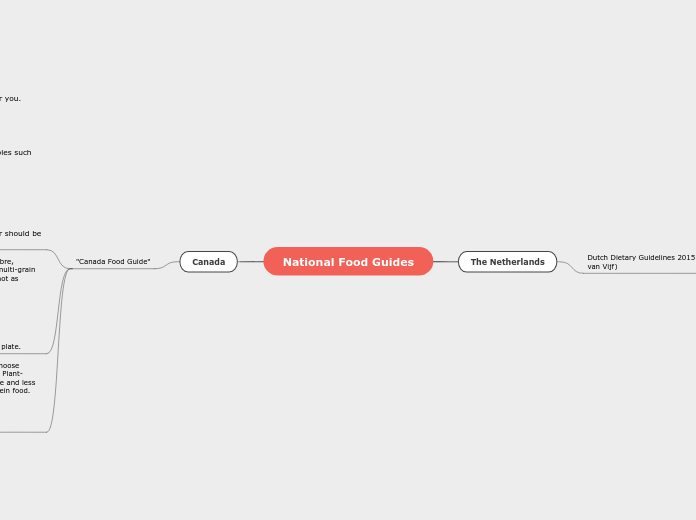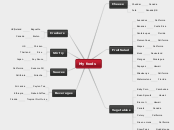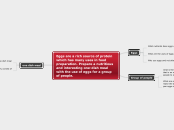arabera Cian Siedhoff 6 years ago
239
National Food Guides

arabera Cian Siedhoff 6 years ago
239

Honelako gehiago


carson edgar-stubgen‑k egina


jainesh chandra‑k egina


Romeo Bozga‑k egina


Vanessa Calvache‑k egina